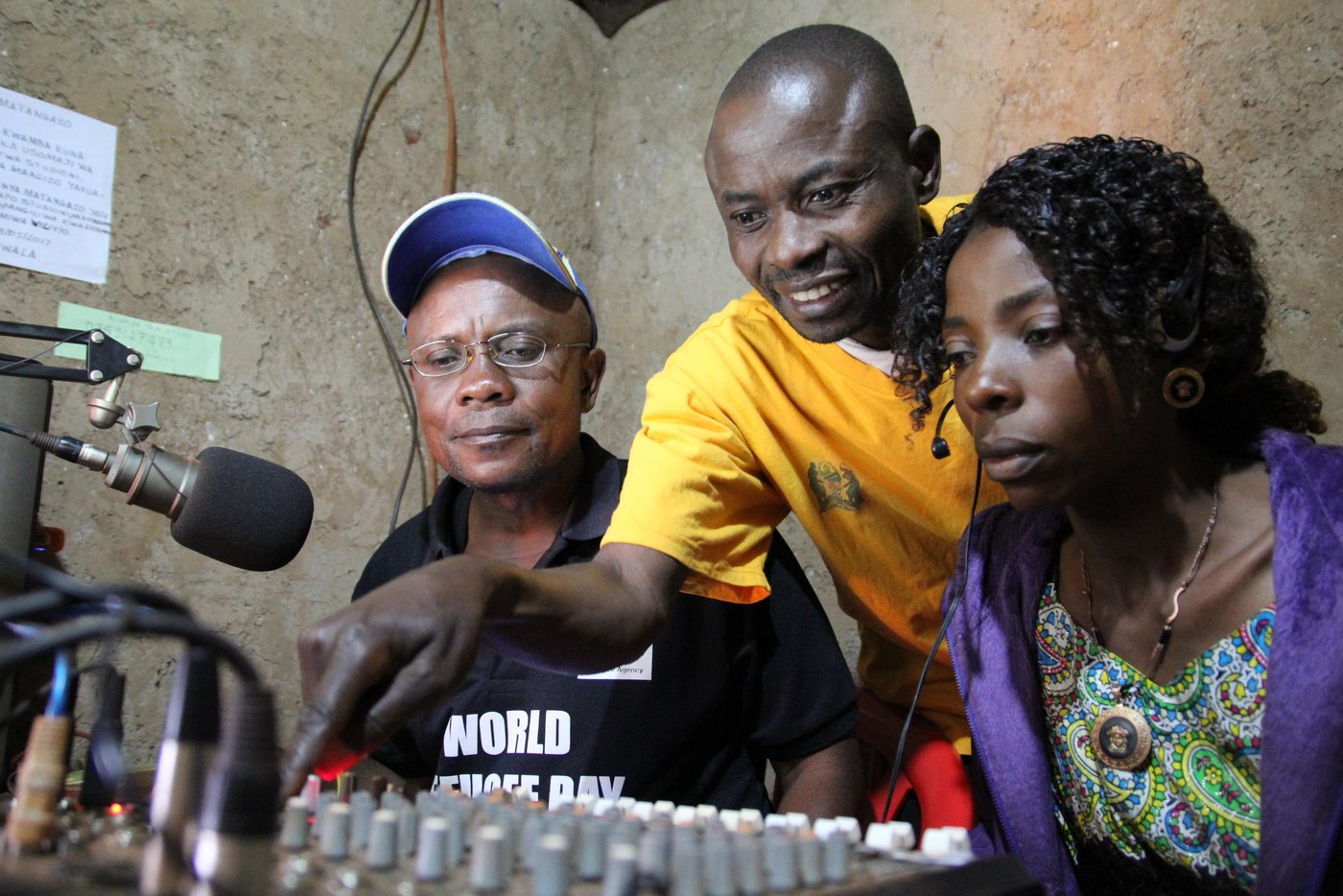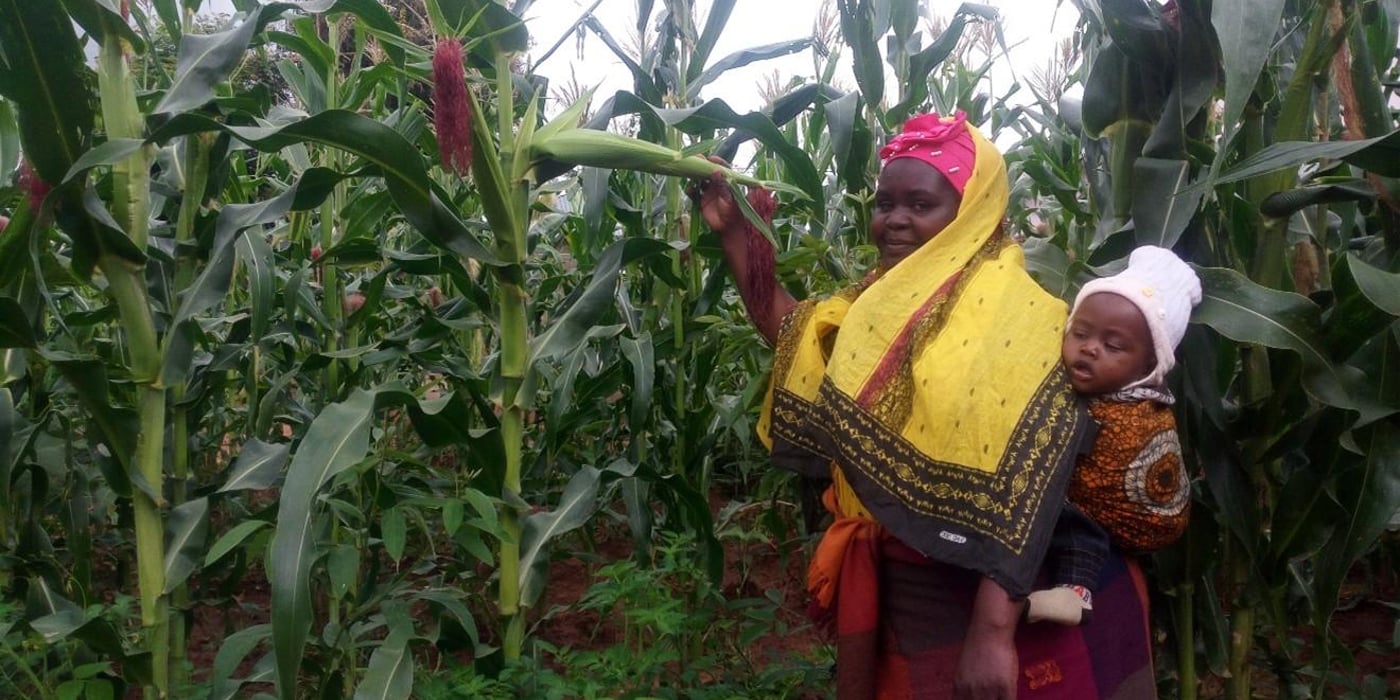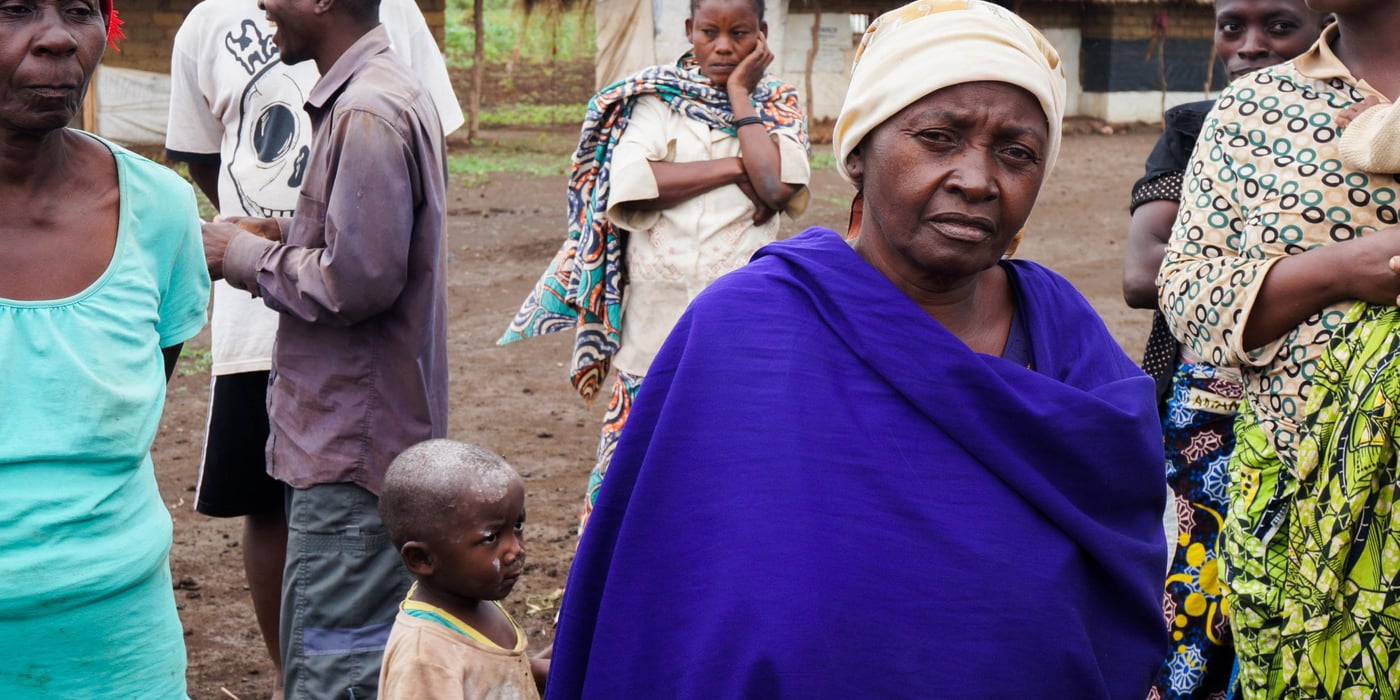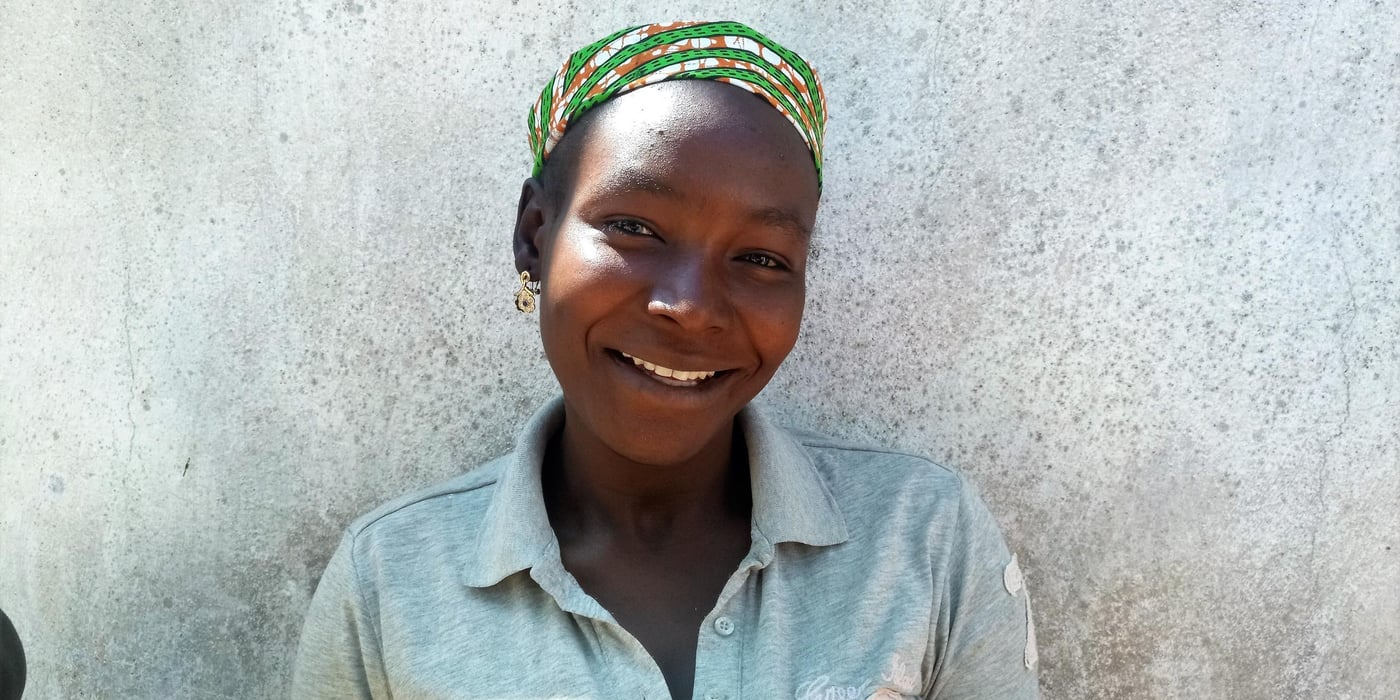
When Jonathan from DR Congo first arrived in Tanzania’s Nyarugusu refugee camp in 1997, he was wary. There was little information circulating about issues affecting the camp's residents. In Nyarugusu, one of the largest refugee camps in the world, things were happening. But nobody knew about them.
Something had to change. Jonathan located a loudspeaker and a small transmitter. During the day he went around to aid agencies, collecting information. In the evenings, he announced what he had learned. It wasn’t long before a crowd would gather around the loudspeaker to catch up on Jonathan’s latest news.
A global audience
Jonathan is no longer sitting outside with his loudspeaker. He’s in a proper studio. Radio Umoja 92.3 FM is now a popular radio station in Nyarugusu refugee camp, where over 120,000 Congolese and Burundian refugees have sought safety from the violence in their home countries. And after broadcasting for nearly two decades, the station now reaches global audiences stretching from the US to Norway.
“Through the internet, we are able to reach millions,” Jonathan explains. Listeners regularly send their greetings from as far as South Africa, the Netherlands and Australia.
“Radio Umoja is independent and belongs to the refugees,” he declares. Judging by the size of his audience, they seem to agree.
Radio Umoja is independent and belongs to the refugees.
Refugees and journalists
Gabriel and Maria are two of Jonathan’s colleagues. They volunteer as radio hosts to help keep residents in Nyarugusu up-to-date with the latest news.
Gabriel has been forced to flee his native Burundi several times, and Maria has been living in Tanzania as a Congolese refugee since 2001. Volunteering at Radio Umoja has given them purpose.
“This has been a dream since my childhood,” Gabriel says. “I have always wanted to become a journalist.”
Maria works as one of Radio Umoja’s field reporters and also reports from the studio. For her, it’s also important to inspire young girls. As a child she enjoyed listening to the radio in the evening. As an adult and single mother, she sees herself as a role model.
“People always want to speak to me on the streets and children come up to greet me,” she says.

Operational challenges
Although rewarding, it’s not easy to run a radio station in a refugee camp. Jonathan, Gabriel and Maria broadcast from early morning to late in the evening, despite their lack of funding.
To subsidise running costs, they sometimes sell greeting cards and on-air advertisements.
“Listeners are not happy when we shorten the radio hours,” says Jonathan. But they don’t have much choice. They’re already working as unpaid volunteers.
These setbacks, however, don’t deter them. In fact, Radio Umoja’s ambitions are growing. The team is running broadcast courses for young refugees interested in journalism. That way, the next generation can take over.
You can listen to Radio Umoja online at www.umojaradio.nl.




